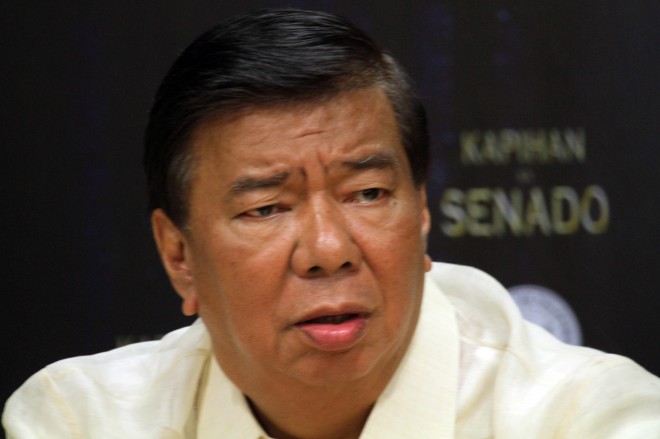Stiff fines of up to P250 million and jail terms of up to seven years await cartels, price manipulators and other anticompetitive businesses under the landmark Philippine Competition Act that Congress ratified recently.
The measure is just awaiting the President’s signature for it to become a law.
This is the first time, in three decades of attempts, that Congress approved a measure that penalizes anticompetitive practices, which put consumers at a disadvantage by driving up prices, depriving them of options or limiting the opportunity to get the best products or services they could.
Senate President Franklin Drilon said the proposed law would spur the country’s development and would also help prepare it for the impending integration of the Association of Southeast Asian Nations economies.
The absence of a competition law “has discouraged and stymied the flow of investments to the country, thus inhibiting our long-term economic development,” said Drilon.
With the measure in place, it would put the country at par with neighboring countries when it comes to preventing unfair trade behavior, he said.
Sen. Paolo Benigno Aquino, who sponsored the measure in the Senate, said it would “create a level playing field, whether big or small, when it comes to market opportunities.”
The bill defines the various anticompetitive agreements and actions that would be prohibited and creates the independent, quasi-judicial Philippine Competition Commission that would investigate violations of the proposed law, inspect businesses, and impose administrative penalties.
The measure also seeks to impose harsh administrative and criminal penalties on erring businesses.
Criminal penalties for anti-competitive agreements consist of fines ranging from P50 million to P250 million, and two to seven years’ imprisonment.
When it comes to administrative penalties, first offenders would be fined P100 million, while second offenders could be slapped a fine of up to P250 million.
Failure to comply with the order of the Philippine Competition Commission would be penalized P50,000 to P2 million for each violation, and a similar amount of penalty for each day until the entity fully complies.
Supplying incorrect or misleading information would also be meted out a P1-million fine.
Prohibited acts under the bill include agreements between and among competitors that restrict competition as to price; fixing price at an auction or in any form of bidding; and agreements that set, limit, or control production, markets, technical development, or investment; dividing or sharing the market.
